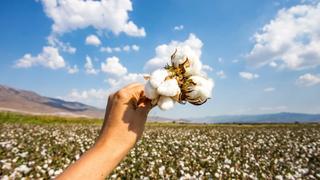The arecanut co-operatives feel that the import of the commodity is taking place unabated, inspite of various controlling measures by the Centre.
Some of the cooperative leaders, along with the Members of Parliament from Karnataka, met the Union Minister of State for Commerce and Industry Nirmala Sitharaman, in New Delhi recently to explain this issue.
In a letter submitted to the minister, the heads of various arecanut co-operatives from Karnataka said that around 30,000 tonnes of arecanut landed in the country legally during April to November 2015. Traders take recourse in SAARC Preferential Trading Arrangement (SAPTA) for importing legally into the country. According to this, arecanut from Indonesia is exported to Sri Lanka and Bangladesh. Here, value-addition is made to the tune of 30 per cent by the importing country, which is having customs duty benefit if the commodity is exported to India. The co-operative leaders said that the import by such means causes a huge revenue loss to the country’s exchequer.
Stating that India is self-sufficient in arecanut production, they said the commodity should be excluded from the Customs Tariff Notification of 1995 governing SAPTA. They also suggested that arecanut be placed in the negative list of commodities while renewing Indo-Sri Lankan Free Trade Agreement.
There is surplus availability of arecanut due to the import. This is creating fluctuation in the market, they said. Representatives from Central Arecanut and Cocoa Marketing and Processing Cooperative (Campo) Ltd, Mangaluru; TSS (Totagars’ Cooperative Sale Society) of Sirsi; and Malnad Areca Marketing Cooperative Society (Mamcos) Ltd met the minister.
It may be mentioned here that the Directorate-General of Foreign Trade had increased the minimum import price for arecanut from ₹110 a kg to ₹162 through a notification in June this year.








Comments
Comments have to be in English, and in full sentences. They cannot be abusive or personal. Please abide by our community guidelines for posting your comments.
We have migrated to a new commenting platform. If you are already a registered user of TheHindu Businessline and logged in, you may continue to engage with our articles. If you do not have an account please register and login to post comments. Users can access their older comments by logging into their accounts on Vuukle.